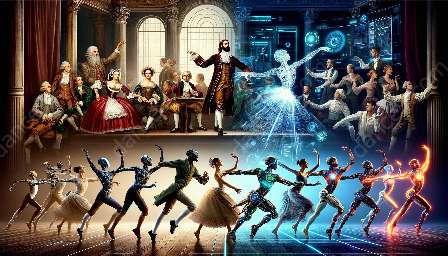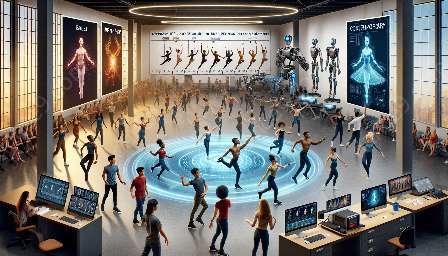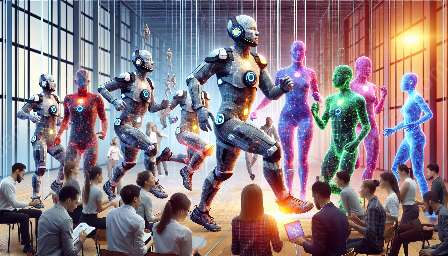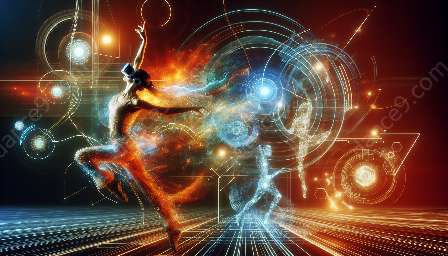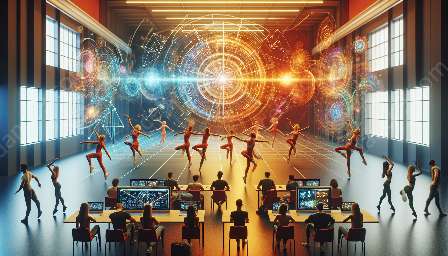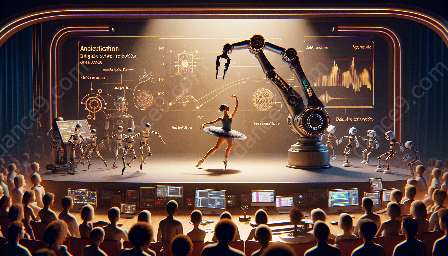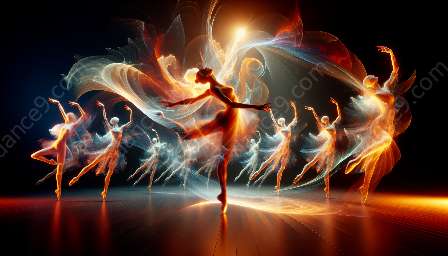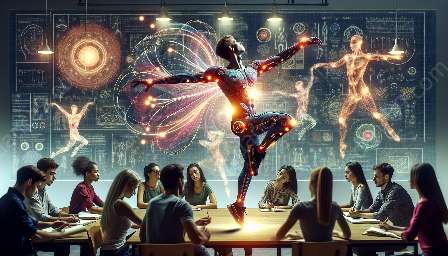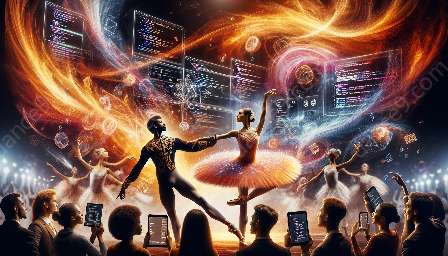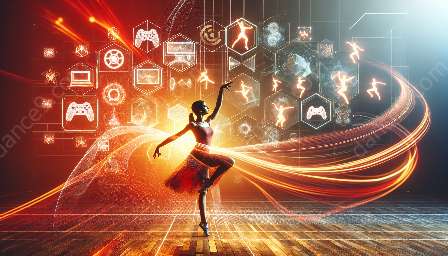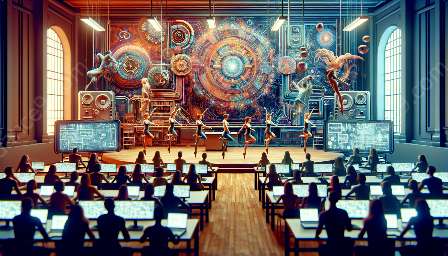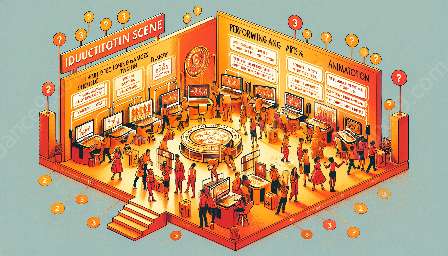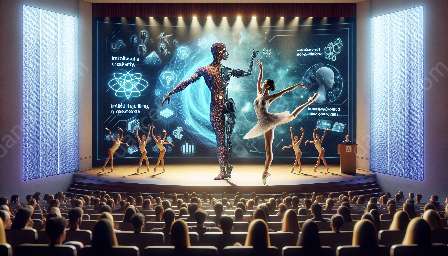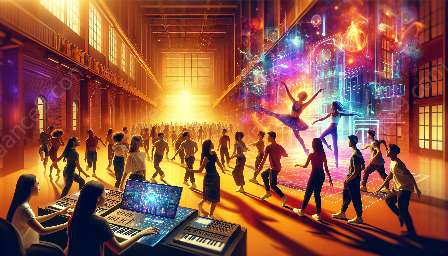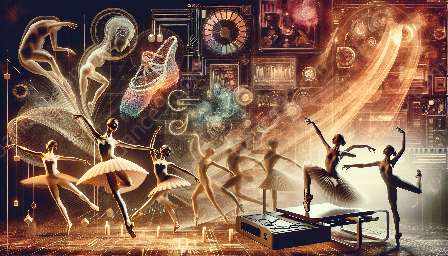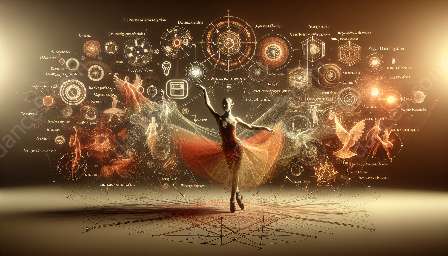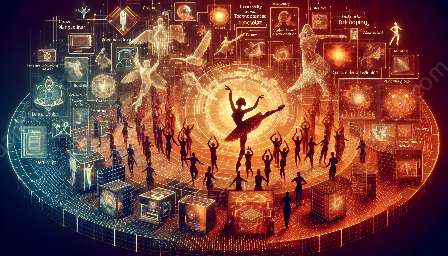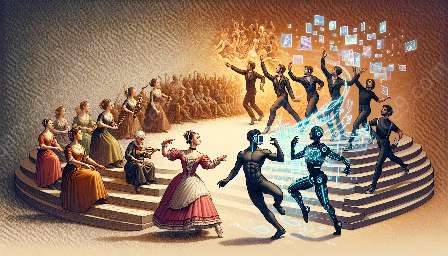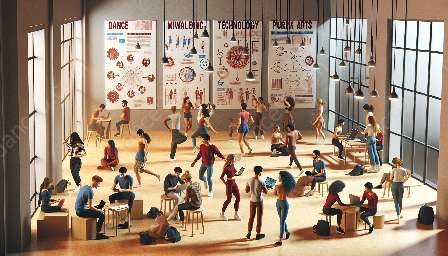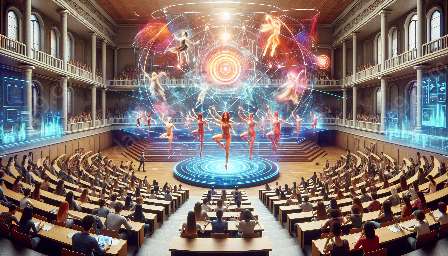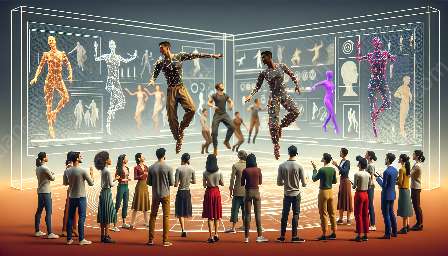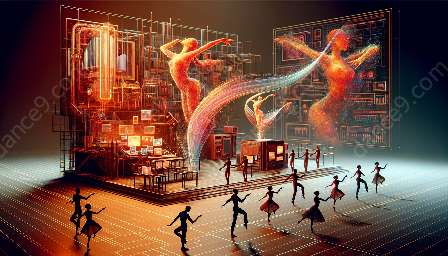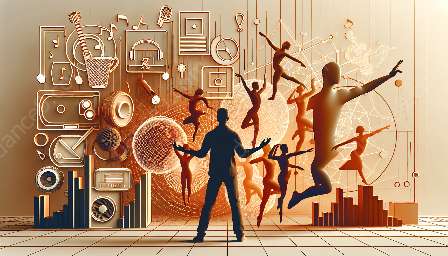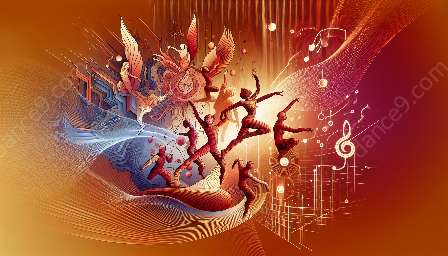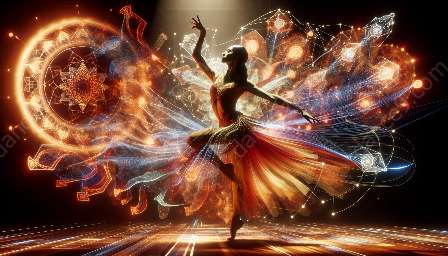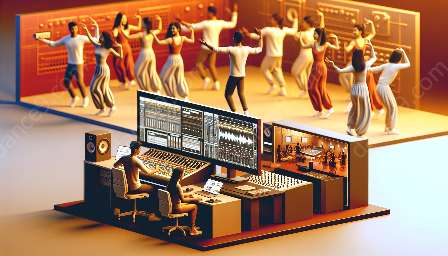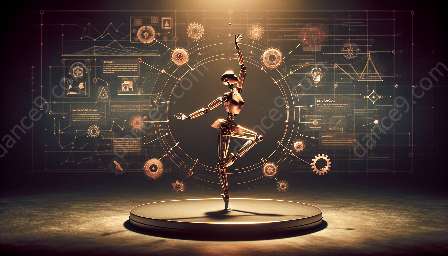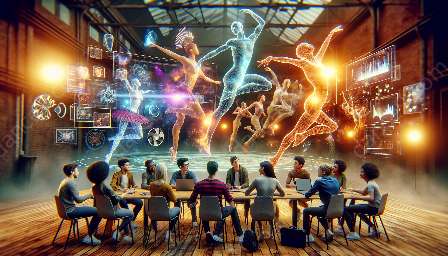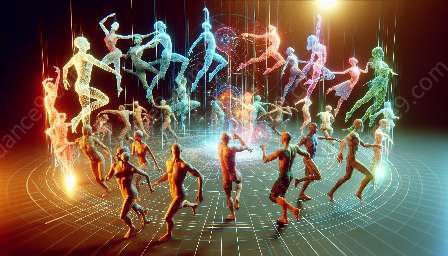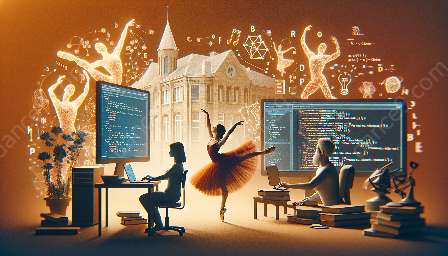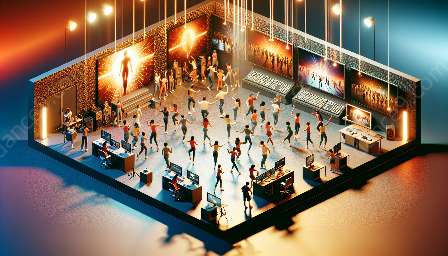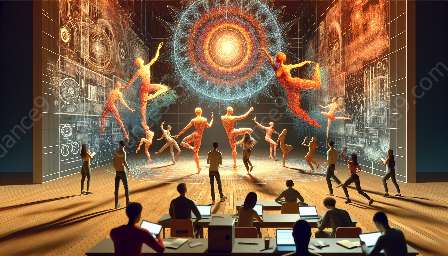Technology has played a significant role in shaping the evolution of modern dance techniques, with innovations in various fields impacting both the choreographic process and dance performances. From the early experiments with film and lighting to the use of motion capture and virtual reality, the intersection of dance and technology has continually pushed artistic boundaries while offering new possibilities for expression and creativity.
The Historical Influence of Technology on Dance
Early Collaborations with Film
The relationship between dance and technology can be traced back to the early 20th century, when pioneers like Loie Fuller and Martha Graham began exploring the use of film in dance performances. Innovative filmmakers, such as Maya Deren, further expanded the possibilities by experimenting with editing and camera techniques to capture the essence of dance on screen.
Impact of Lighting and Visual Effects
The introduction of stage lighting and visual effects revolutionized the way dance was presented, allowing choreographers to manipulate the visual atmosphere and create immersive experiences for the audience. Notable figures like Alwin Nikolais and Merce Cunningham capitalized on these advancements to craft mesmerizing performances that blurred the lines between movement and visual art.
Technological Advancements in Dance
Motion Capture and Digital Tools
As technology continued to advance, motion capture and digital tools became essential components in refining modern dance techniques. These tools enabled choreographers to analyze movement in new ways, leading to the creation of intricate and precise choreography that would have been difficult to achieve without technological aids.
Virtual Reality and Immersive Experiences
The emergence of virtual reality (VR) opened up new possibilities for dancers and audiences alike. VR technology allowed choreographers to experiment with spatial design and transport audiences into virtual worlds, offering immersive and interactive dance experiences that transcended traditional performance spaces.
Integration of Interactive Media
Contemporary dance techniques have also seen the integration of interactive media, with choreographers embracing digital interfaces and interactive technology to create dynamic and participatory performances. This fusion of dance and interactive media has led to groundbreaking works that redefine audience engagement and the boundaries of live performance.
The Future of Dance and Technology
Artificial Intelligence and Machine Learning
Looking ahead, the integration of artificial intelligence and machine learning holds great potential for enhancing modern dance techniques. The ability to analyze and interpret movement data using AI algorithms can revolutionize choreographic processes, leading to new forms of expression and collaboration between dancers and technology.
Emerging Technologies and New Frontiers
Unpredictable and rapidly evolving technologies such as augmented reality and wearable devices are poised to reshape the landscape of dance, offering new ways for dancers to interact with their environments and audiences. Innovators and choreographers continue to explore these frontiers, pushing the boundaries of what is possible in the realm of dance and technology.
In conclusion, the relationship between dance and technology has been a dynamic and transformative journey, shaping modern dance techniques and expanding the creative possibilities for choreographers and dancers. As technology continues to evolve, the future of dance holds endless potential for innovation, collaboration, and artistic expression.

